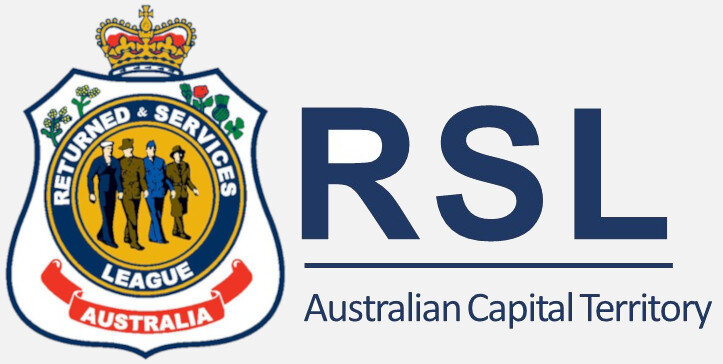Job-hunting tips for veterans
How to find a job in the civilian workforce.
When it comes to finding a job after the military, it can be hard to know where to begin. Even once you’ve translated your military experience for your CV navigating the civilian workforce can be a challenge. It is broad and varied, and recruitment strategies are unlike that of the ADF.
Of course, the best place to start is to reach out to the professionals at the RSL Veterans’ Employment Program. They specialise in supporting current and former ADF members (and their families) into meaningful work.
In the meantime, these job-hunting tips will help you create a plan to search efficiently and apply for top quality roles that are a match to your skills.
Job-hunting tips you mightn’t have considered
Quality over quantity
Don’t overwhelm yourself and apply for too many jobs. Do your research and find out which jobs match your skillset from your time in the military and beyond. Remember to consider whether the company is a fit for you, not just if you’re a fit for the company. What is the company’s mission, vision and values, and do these align with your own?
Remember, it’s quality over quantity here. Job applications take time and effort when you do them well. A good rule of thumb might be to apply for four or five, then wait a fortnight before applying for the next four or five.
Need a hand writing your application cover letter? Check out our tips here.
Tailor your CV to every role you apply for
When job-hunting online your resume will need to be tailored to the role you’re applying for as it’s likely your resume will be screened via an applicant tracking system. These systems search for keywords that are industry and job specific. Use the keywords from the job application advertisement to amplify your resume.
Keep your job hunt organised
Make a list with dates and information about every role you apply for. If you get a call, you need to be able to remember who they are and the details of the role you applied for. If they call and you blank them, there’s a good chance they’ll move on to the next applicant. It will also help if you note down your follow up emails and dates.
Update your LinkedIn regularly
If you haven’t already, get on LinkedIn to make yourself visible to recruiters. While it may seem tedious, if a recruiter were to search for people with your skillset in your location and you don’t have a profile, someone else is going to get that job.
Another thing to note here is that if you’re searching on job-hunting websites, it’s a great idea to customise your LinkedIn profile to suit the jobs you’re applying for, just like you would your resume. Switch up keywords or reword your skillset to suit the role.
For tips on making your LinkedIn profile stand out, check out this article.
Search for the correct keywords
When job-hunting online, it’s important to remember that search engines and websites use keywords to help you find jobs. Take the time to learn which keywords are applicable to the kind of job you want. Play around with different job titles that are similar in order to find a wider range of job postings.
Clean up your online presence
It’s best to keep your public social media content professional and ensure there is no chance a potential employer could find something improper about you, even if it is just you holding a glass of wine. It’s easier than ever for recruiters to find out all about you online, so keep a clean ship.
Need a hand finding (and landing) your next job?
The experts at the RSL Veterans’ Employment Program provide customised, one-on-one support to help you navigate the at times confusing world of job-hunting. They’ll work with you to find suitable roles and to help you apply for them. That means sprucing up your CV, writing a killer cover letter, and if all goes well, preparing for an interview.
The RSL Veterans’ Employment Program is federally funded and completely free for veterans, serving ADF members, their partners and immediate family members.


